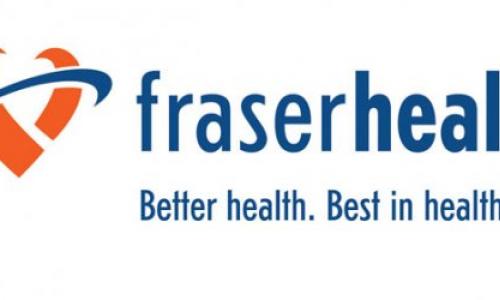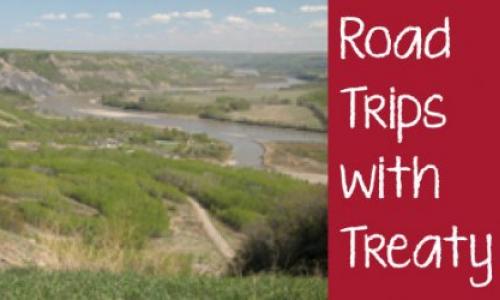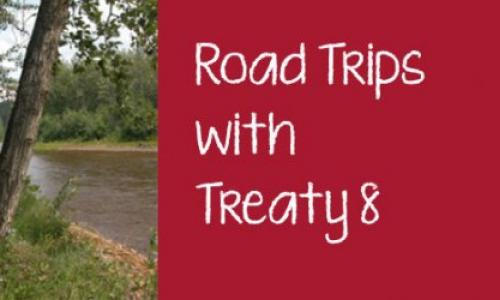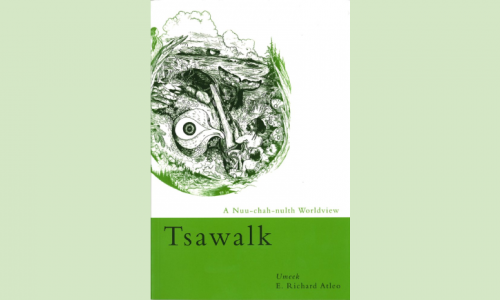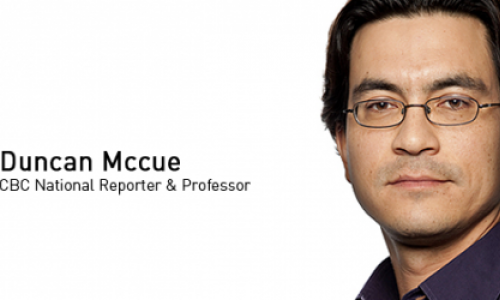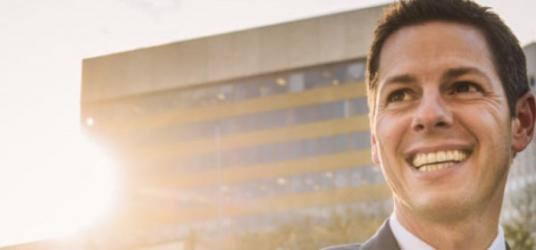
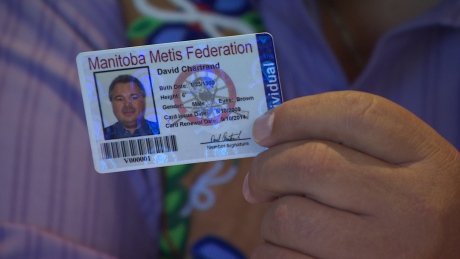
The concept if not my own as Dr. Susan Dion has coined the term but for the purposes of this blog I will use her premise to discuss my thoughts on Indigenous issues.
There was a need to rework my normalized frame of understanding of the relationship I have with my own Metis identity and those holders of Metis cards. This was glaringly apparent during the Municipal election in my hometown of Winnipeg, Manitoba. An instant reaction to an interview question posed to the newly elected mayor challenged all that I had become and the person I had distanced myself from since leaving that land 7 years ago.
An explanation regarding my feelings towards the ‘Metis card’ must be given to make sense of the anger, frustration and humiliation I felt when Brian Bowman expressed “I’ve never actually got my card” to those questioning his roots. Thousands of families throughout the country, including my own, searched archives, completed genealogical searches and found the family skeletons locked in closets and chests to find the documents needed to prove their status. All this to apply to get their ‘cards‘, proving their pedigree for the Manitoba Metis Federation.
Brian Bowman on the other hand has all the necessary documents as seen in his families’ successful applications and could not be bothered for various reasons did not deem to do so and felt it necessary to make that fact very clear to the media following his election.
In Winnipeg, publicists, political analysts and the Indigenous community questioned his motives of keeping his family roots a secret throughout the election. The Manitoba Metis Federation were apologetic that they did not know of his history for they would have thrown their support behind Brian Bowman.

"We've always been identifying as Métis — family members, my sister, my cousins, they all have their Métis card.
I've never actually got my Métis card, but yeah, that's where it comes from,"
- Brian Bowman October 23, 2014
During my journey to the top of the ‘ivory tower’ I had forgotten the reality of being Metis in my nations’ homeland. I had forgotten the mistreatment, the racial tension and discrimination those who reside there feel on a daily basis. As Brian Bowman declared “he did not have a card but his sister did” I felt enraged and truly disappointed in him for not standing up for his people and shouting from the top of his lungs his accomplishments as a Metis man.
Instead he quantified how Metis he was and explained that he had not gone through the steps necessary to become a member of a Metis Organization such as the Manitoba Metis Card. Too many, including me was a denial of his heritage.
What I had forgotten in that moment was the struggle to hide his identity and the separation from his roots that he would have needed to commit to in order to rise in politics and complete his schooling. I, in that moment, dismissed any of his personal feelings that would have been engrained in him from growing up in a place that stereotyped and mythified all Indigenous people.
The realization that I had forgotten all that I came from and projected my judgement on him in October of 2014 came to a head when I had to challenge my own assumptions and history during the creation of my file of uncertainty.
This allowed a moment of recognition that initiated an inner dialogue about my feelings towards pride. The pride in my heritage, my roots and my people. I questioned where did this come from? The answer was clear it was through my journey surrounded by accomplished Indigenous students and by exhibiting throughout my academic career the strength and power of the Indigenous voice.
Is this misguided? Is this only applicable while at the ivory tower of academia? Am I too bold to assume that Brian Bowman should stand proud of his accomplishments and heritage? Am I too naive to believe the population of Winnipeg would have elected him if they knew the truth of his heritage prior to election day?
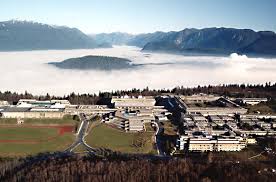
Having committed to returning to Winnipeg as an educator, I ask myself what can I do to help students not completing their university degrees, removed from the ability to leave this racially toxic environment? How do I create hope and pride in their identity when the people around them openly discriminate against them and they do not have the opportunity to pass for another ethnicity?
In my own journey, it began with a collection of Indigenous students who started hanging out together. All with a different journey, some tragic, some not, all discussing the struggles they were having with school and their families, coping with humour and understanding the power of connection. It was not at circle or drum making it was over lunch.
To date I have planned over 284 community meals at SFU, if I had to identify a movement that caused the most change in students it was the creation of a community through breaking bread. Something known to communities and Elders since time immemorial.
How does this answer any of the questions I asked above? And how does this link to Brian Bowman and his gut reaction to the unveiling of his roots? How can I directly learn from this reflection?
If I put in place in my class or my school in my future practice a program where the students ate together and created a sense of community where they were free to be who they are as I have been able to be at SFU that could lead to great things. I could then create a sense of trust and a sense of their voices. I could then begin to introduce to them successful inspiring Indigenous role models that live in their neighborhood that could create hope and pride in their heritage. I believe it starts small, it starts with belief in yourself and belief in your people.
And one day in the future if one of those kids or their kids run for politics they will not be ashamed of themselves or their people for they will have pride in who they are. The concept of the 8th generation is not mine and has been drilled into me while in lectures from Dr. Eldon Yellowhorn and many articles from numerous Indigenous authors. But I believe in it whole heartedly.
I can appreciate that in the 2014 election there was not room for an outed Metis Man to win an election but I can also recognize that because he was outed and is committed to creating a more balanced experience for all people in Winnipeg that in 2024 there maybe room for the next generation to accomplish great things as an openly Indigenous person in my hometown.









